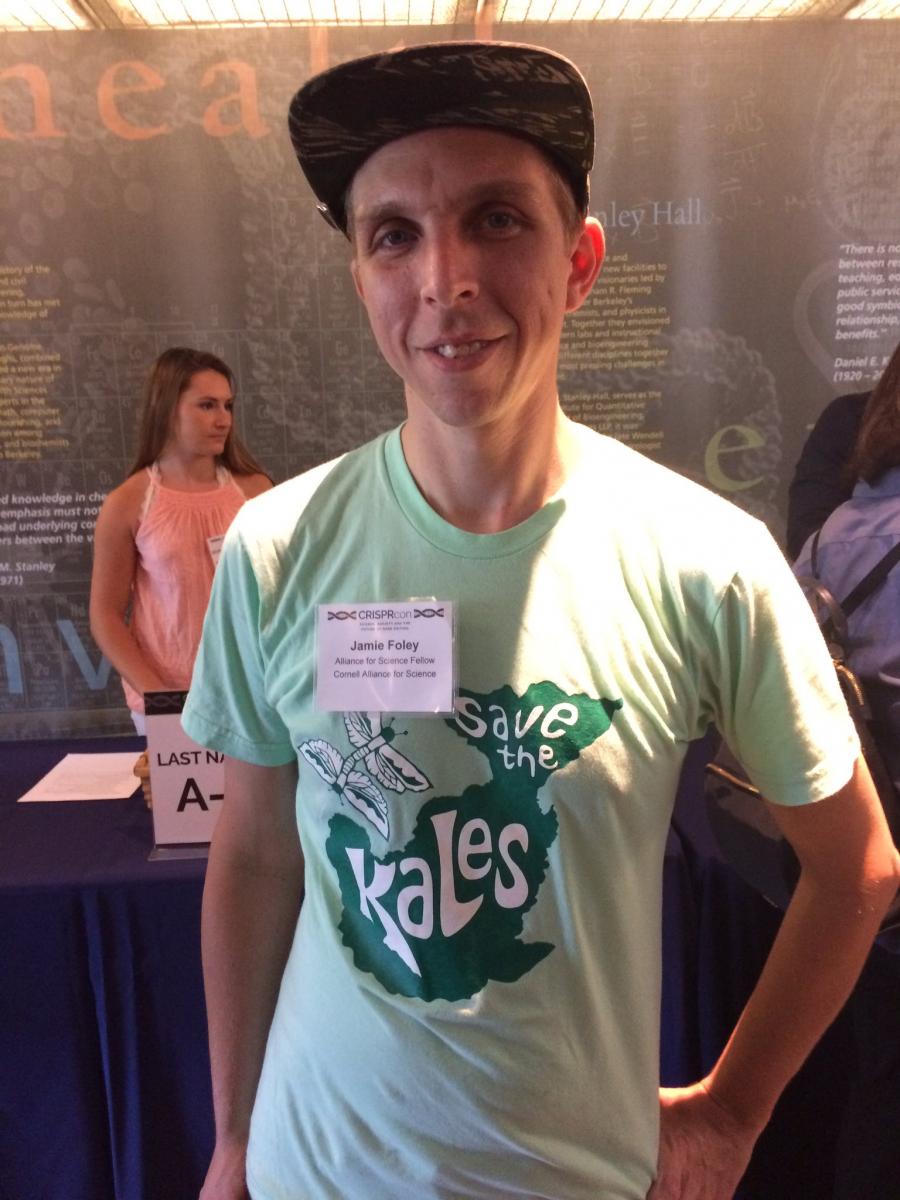
CRISPR has been receiving a lot of attention and I try and follow the science news, especially when it comes to biotechnology. So when I found out that a two-day forum on this revolutionary gene editing technology called CRISPRcon was happening on the University of California, Berkeley campus, not too far from where I live, I was excited for the opportunity to learn more.
While there were many interesting talks and panels, a particularly compelling story emerged around sickle cell anemia, the potential for a cure via CRISPR technology, and the enduring pain and mistrust among the African American community stemming from the ongoing legacy of our white supremacist society as manifested in medical research and practice. While the Tuskegee syphilis experiment was referenced more than once as a source of pain and mistrust of the medical industry, we were also reminded that racism in medicine was not relegated to a past age. Instead, it continues in other ways, such as the routine undertreatment of pain in African American patients.
Michael Friend of the Minority Coalition for Precision Medicine stressed the need to bring communities of color to the table. His main fear, he said, was not that gene editing through CRISPR would end up like the Tuskegee experiment, but more like the case of the exploitation of Henrietta Lacks, whose cancer cells became the source of the first immortalized cell line, without her knowledge or consent. Friend argued that questions of how the genomic data is protected and who profits need to be discussed, and while he certainly approaches the technology with caution, CRISPR holds great promise. Sickle cell was the first genetic disease characterized as such, yet it has been one of the last to receive serious attention. If CRISPR could make an impact on sickle cell, and if there can be proper community engagement as Pastor Michael McBride noted during his panel, If you aren’t at the table, you’re on the table it could go a long way, Friend argued, toward healing not only genetic diseases, but perhaps also some of the wounds inflicted through the misuse and abuse of medical science.
The recent events in Charlottesville were on many people’s minds and wove their way into numerous conversations and talks. There seemed to be a widely shared understanding that regardless of our wishes, scientific innovation does not happen in a vacuum, but is impacted by the social context in which it is developed and deployed. Designers babies, germline editing, and the potential for CRISPR to be used as a tool of eugenics were concerns at the forefront of the medical conversation. Will CRISPR prove to be a more accessible technology as promised by some, or will it contribute to widening health and socio-economic disparities? How can we avoid the abuses of the past and present? How can we heal people and heal communities?
CRISPR is going to happen. It s already here, and it’s very likely going to affect all of us one day in one way or another, big or small, so these are the kinds of questions we must all begin to address now. We can start building the trust that is needed to move forward by seeking out marginalized voices and listening empathetically to those most impacted.
James Foley is a biotechnology student, a member of Vegan GMO and a 2015 Alliance for Science Global Leadership Fellow.
